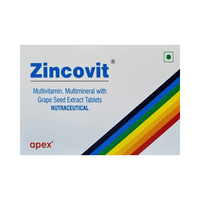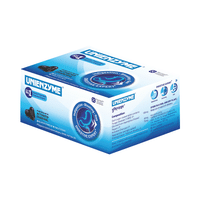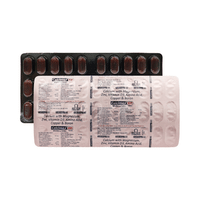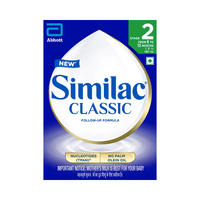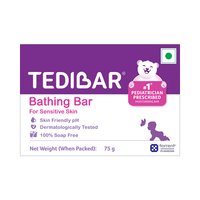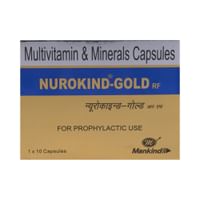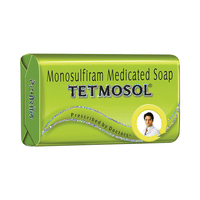Rs.13593.75for 1 strip(s) (12 tablets each)
food interaction for Rahika Tablet
alcohol interaction for Rahika Tablet
pregnancy interaction for Rahika Tablet
lactation interaction for Rahika Tablet
food
alcohol
pregnancy
lactation
Rahika 150mg Tablet may be taken with or without food.
None
None
CAUTION
It is not known whether it is safe to consume alcohol with Rahika 150mg Tablet. Please consult your doctor.
CONSULT YOUR DOCTOR
The safety of Rahika 150mg Tablet during pregnancy has not been established. There are no adequate and well-controlled studies in pregnant women, and animal data on reproductive toxicity are insufficient. Your doctor will weigh the benefits and any potential risks before prescribing.
CONSULT YOUR DOCTOR
Rahika 150mg Tablet may be unsafe to use during breastfeeding. Limited human data suggests that the drug may pass into the breastmilk and harm the baby. It should be used only if the expected benefit outweighs the potential risk. Please consult your doctor.
CONSULT YOUR DOCTOR
SALT INFORMATION FOR Rahika 150mg Tablet
Capmatinib(150mg)
Rahika tablet uses
{med_name} is used in the treatment of non-small cell lung cancer.
How rahika tablet works
Rahika 150mg Tablet works by blocking the action of an abnormal protein that promotes the multiplication of cancer cells. This helps slow or stop the spread of cancer cells.
Common side effects of rahika tablet
Edema (swelling), Nausea, Musculoskeletal stiffness, Breathlessness, Fatigue, Vomiting, Cough, Decreased appetite
SUBSTITUTES FOR Rahika Tablet
No substitutes foundExpert advice FOR Rahika Tablet
- Tell your healthcare provider right away if you develop any new or worsening symptoms, including cough, fever, and trouble breathing or shortness of breath.
- Avoid getting pregnant and use contraceptives during the treatment and for 1 week after your last dose of Capmatinib.
- Your skin may be sensitive to the sun during the treatment with this medicine. Use a sunscreen or wear clothes that cover your skin to limit direct sunlight exposure.
- To reduce nausea, take antinausea medications as prescribed by your doctor, and eat small, frequent meals.
- Swelling of the hands or feet is a common side effect of Capmatinib. Your doctor may suggest leg elevation or dietary salt modification to ease the symptoms of swelling.
- Drink at least two to three quarts of fluid every 24 hours unless you are instructed otherwise.
- Inform your doctor about all the medicines you are taking, including prescription and over-the-counter medicines, vitamins, and herbal supplements.
Frequently asked questions FOR Rahika 150mg Tablet
Capmatinib
Q. What is Rahika 150mg Tablet and what is it used for?
Rahika 150mg Tablet is a prescription medicine used to treat adults with a kind of lung cancer called non-small cell lung cancer (NSCLC) that has spread to other parts of the body or cannot be removed by surgery and whose tumors have an abnormal gene.
Q. Can Rahika 150mg Tablet be taken during pregnancy?
This treatment may harm a baby developing in the womb. It is important not to conceive during and for 1 week after your last dose of Rahika 150mg Tablet. Talk to your doctor about effective contraception before starting the treatment.
Q. How many times a day can I take Rahika 150mg Tablet?
This medicine is to be taken twice a day with or without food or as advised by your doctor. It is advisable not to change your dose or stop taking this medicine unless the doctor tells you to.















